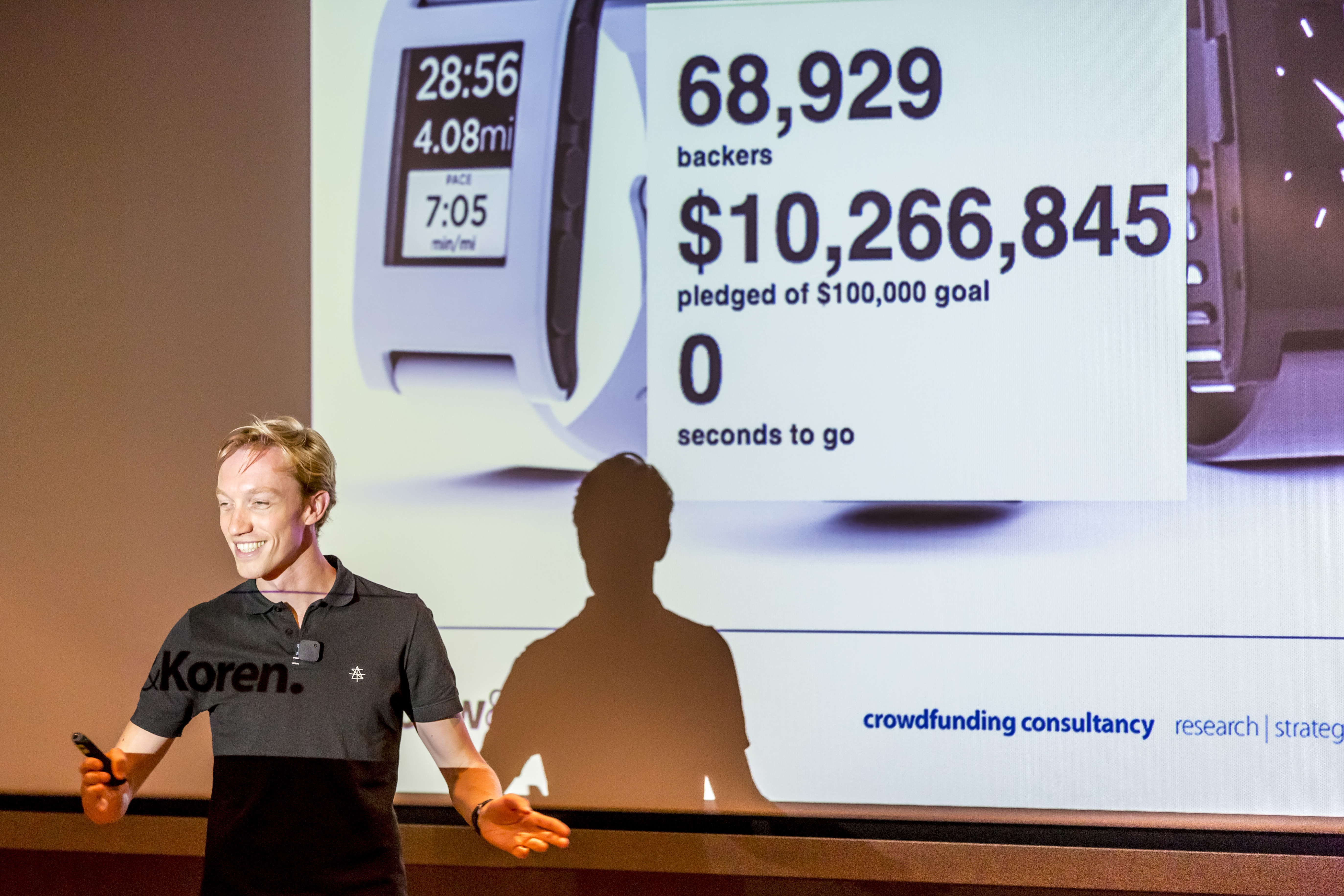China has censored the internet again after adopting a new national cyber security law that seeks to make data, IT infrastructure and systems, and the internet in certain areas “secure and controllable,” according to the National People’s Congress website.
Reporters were told by Zheng Shuna, of the NPC’s Legislative Affairs Commission, that cyberspace sovereignty is “the embodiment and extension of national sovereignty” and an important part of national infrastructure (according to Xinhua, a state-owned news agency).
Article via Above The Law, 10 July 2015
Photo:China Flag via Bryan Jones [Creative Commons Attribution-NonCommercial-NoDerivs]




